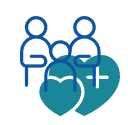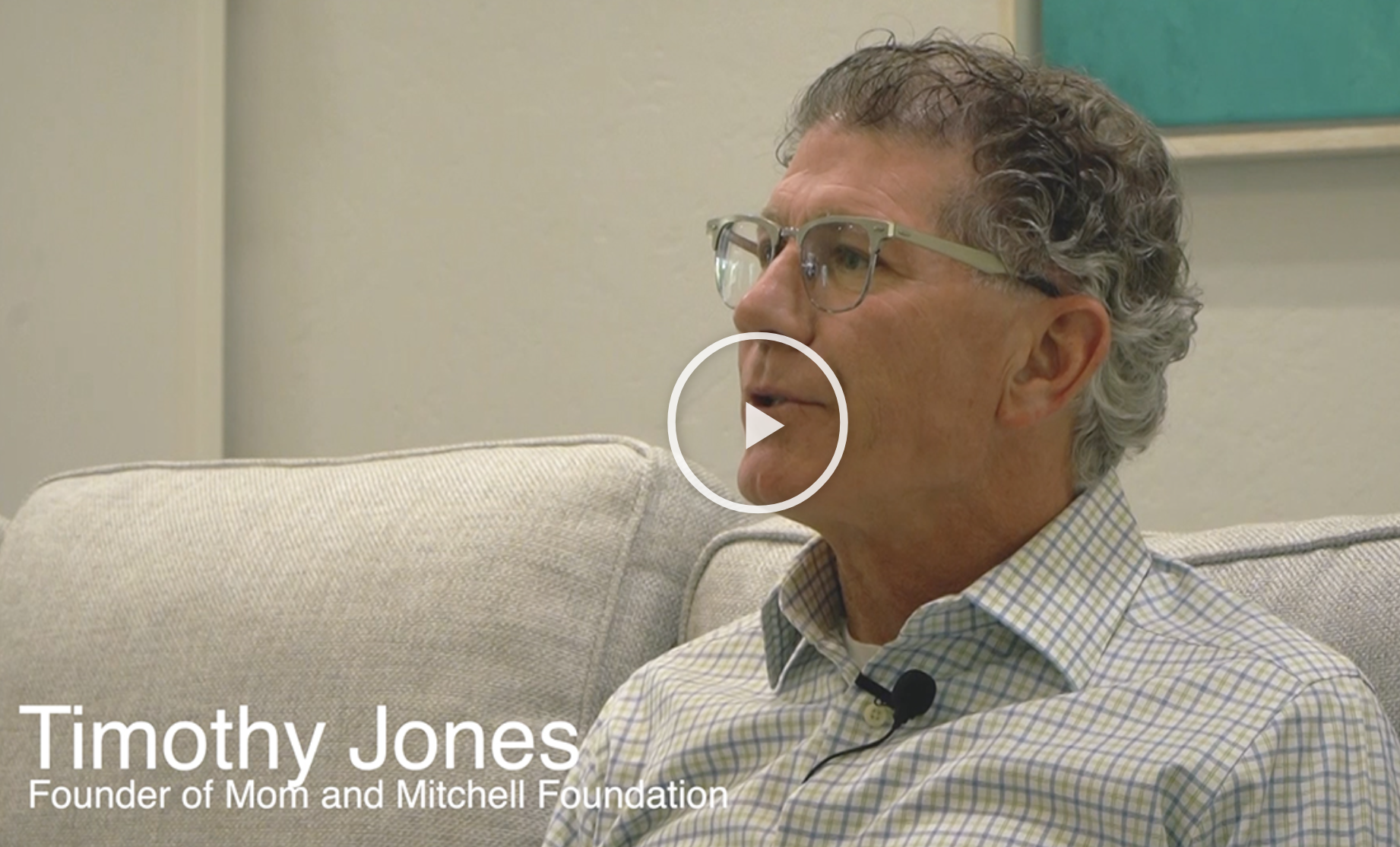Our Mission: Breaking the stigma about mental health. It's OKAY to not be Okay.
Changing the stigma of mental health problems is essential to improving outcomes. The Mom & Mitchell Foundation is dedicated to raising awareness about mental health issues. We seek to help people struggling with mental health challenges by providing resources and a community of support to aid in their journey toward mental wellness.
- Children's Charities Women
- Children & Family Charities
- Children's Medical Charities
- Human Care Charities
- Women, Children & Family Charities
- Human Care Charities









